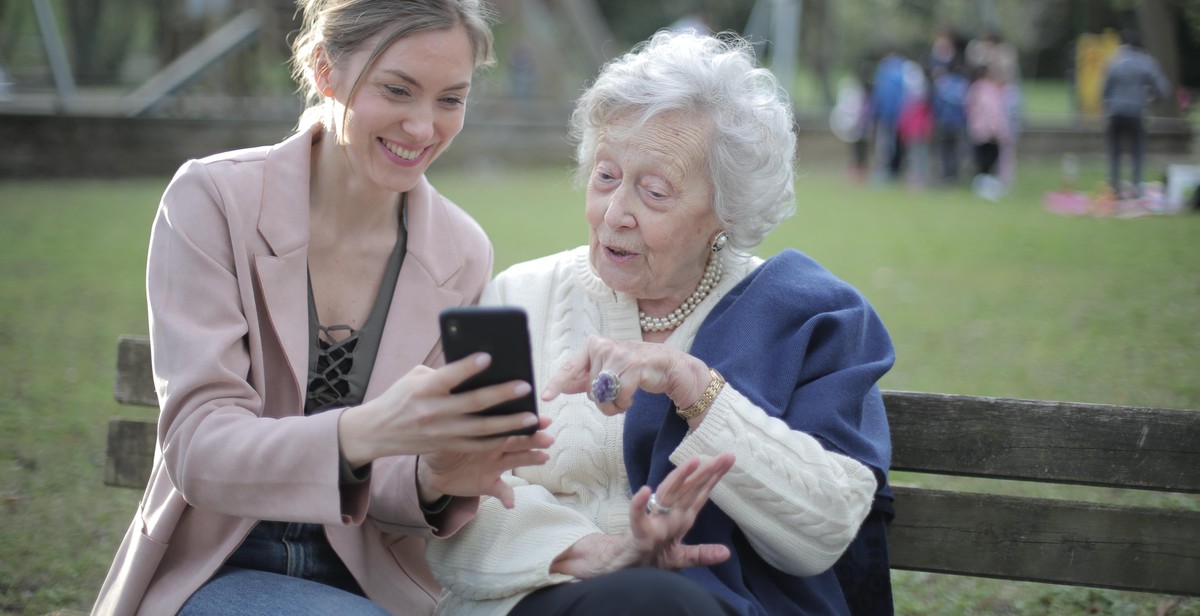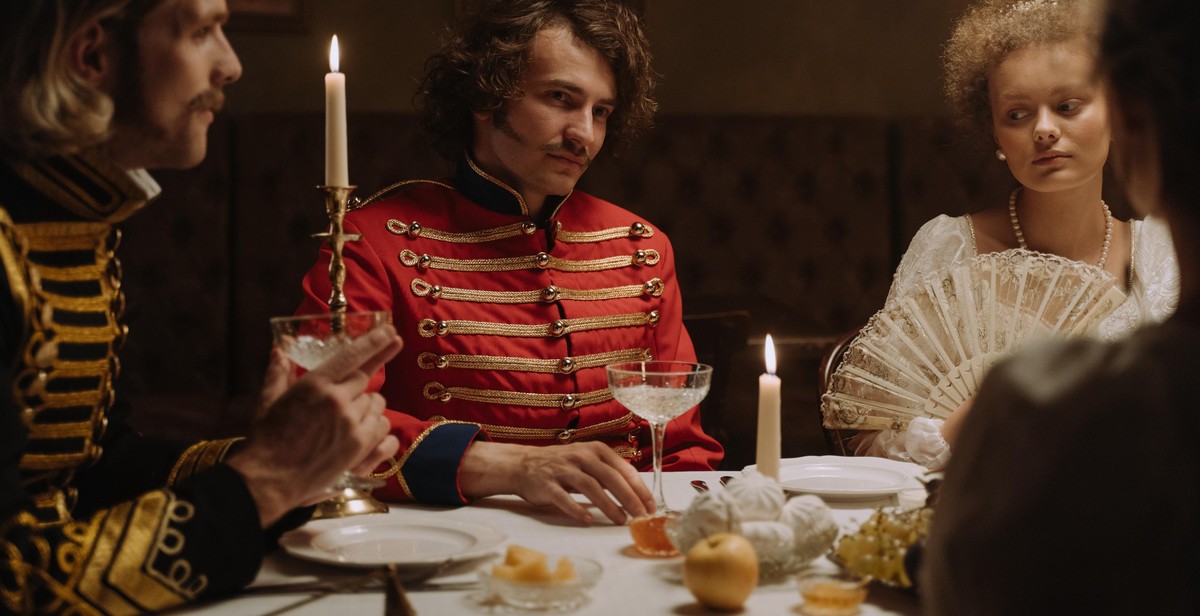Understanding the Influence of Personal History on Love Relationships
Love relationships are complex and multifaceted. They involve a variety of factors that contribute to their success or failure. One of the most important factors is personal history. Our past experiences shape who we are and how we interact with others, including our romantic partners.
The Role of Childhood Experiences
Childhood experiences have a significant impact on our adult relationships. Our attachment style, for instance, is largely influenced by our early relationships with our caregivers. If we had a secure attachment, we tend to develop healthy and positive relationships. On the other hand, if we had an insecure attachment, we may struggle with intimacy and trust issues.
Moreover, our childhood experiences also shape our beliefs and values about love and relationships. If we grew up in a family where love was expressed freely and openly, we may have a positive and optimistic view of relationships. In contrast, if we grew up in a family where love was scarce or conditional, we may have a negative and pessimistic view of relationships.
The Impact of Past Relationships
Our past romantic relationships also influence our current relationships. If we have been hurt or betrayed in the past, we may have difficulty trusting our current partners. Moreover, if we have unresolved emotional baggage from previous relationships, we may project these issues onto our current partners, which can create unnecessary conflict and tension.
Overall, understanding the influence of personal history on love relationships is crucial for building and maintaining healthy and fulfilling relationships. By recognizing how our past experiences shape our present behavior, we can work towards overcoming any negative patterns and fostering positive and loving connections with our partners.

The Importance of Personal History in Love Relationships
As a love and relationships psychology guru, I have come to understand the influence of personal history on love relationships. Personal history plays a vital role in shaping the way we love and relate to others. From my personal experience, I have realized that our past experiences and relationships affect our present and future relationships.
Understanding Personal History
Personal history refers to our past experiences, upbringing, and relationships. It includes everything that has shaped our personality, beliefs, and values. Our personal history has a significant impact on our love relationships. It affects the way we communicate, trust, and love our partners.
How Personal History Affects Love Relationships
Our personal history affects our love relationships in several ways. For instance, if we had a traumatic experience in our past relationships, we might find it hard to trust our new partner. Similarly, if we grew up in a family where there was a lack of love and affection, we might struggle to express our love for our partner.
Furthermore, our personal history affects the way we communicate with our partner. If we grew up in a family where communication was not encouraged, we might find it hard to express our feelings and thoughts to our partner.
The Importance of Understanding Personal History in Love Relationships
It is crucial to understand our personal history and how it affects our love relationships. By understanding our personal history, we can identify our triggers and work towards overcoming them. We can learn to communicate better, trust our partner, and express our love for them.
Moreover, understanding our partner’s personal history can help us understand their behavior and actions. It can help us empathize with them and be more patient with them.
Conclusion
Personal history plays a significant role in our love relationships. It affects the way we communicate, trust, and love our partners. Therefore, it is essential to understand our personal history and how it affects our relationships. By doing so, we can build healthier and stronger relationships with our partners.

The Role of Childhood Experiences
Our childhood experiences play a crucial role in shaping our personalities, behaviors, and beliefs in adulthood. Researchers have found that our attachment styles and family dynamics during childhood can significantly influence our love relationships in later life.
Attachment Styles
Attachment theory suggests that the bond between a child and their primary caregiver(s) sets the foundation for their future relationships. There are four main attachment styles:
- Secure attachment: Children with secure attachment styles feel safe and secure with their caregivers. As adults, they tend to have healthy relationships based on trust and intimacy.
- Avoidant attachment: Children with avoidant attachment styles learn to suppress their emotions and avoid closeness with their caregivers. As adults, they may struggle with commitment and intimacy.
- Ambivalent attachment: Children with ambivalent attachment styles may feel anxious and uncertain about their caregivers’ availability. As adults, they may have a fear of abandonment and struggle with trust.
- Disorganized attachment: Children with disorganized attachment styles experience inconsistent or frightening behavior from their caregivers. As adults, they may struggle with emotional regulation and have difficulty maintaining healthy relationships.
Understanding your attachment style can help you identify patterns in your relationships and work towards building healthier connections.
Family Dynamics
Family dynamics, such as parental conflict or divorce, can also impact our love relationships. Children who grew up in households with high levels of conflict may struggle with managing disagreements in their own relationships. Additionally, children of divorce may have a fear of abandonment or struggle with commitment.
It’s important to recognize how our childhood experiences may be influencing our current relationships. Seeking therapy or counseling can help individuals process past traumas and develop healthier patterns in their love lives.

Past Relationships and Their Impact
As someone who has studied love and relationships psychology for many years, I can confidently say that our past experiences with love and relationships can have a significant impact on our current and future relationships. Our past relationships can shape our patterns and behaviors in future relationships, whether we are aware of it or not.
Patterns
One of the ways past relationships can impact our current relationships is by creating patterns. For example, if we have experienced multiple failed relationships in the past, we may develop a pattern of self-sabotage or a fear of commitment. These patterns can be difficult to break, but awareness is the first step in making positive changes.
Alternatively, if we have had positive and healthy relationships in the past, we may develop patterns of healthy communication and emotional openness. These patterns can also be carried forward into future relationships, creating a positive foundation for long-term love and happiness.
Behaviors
Our past relationships can also impact our behaviors in current relationships. For example, if we have experienced betrayal or infidelity in the past, we may become overly jealous or possessive in our current relationship. This behavior can cause problems and strain the relationship.
On the other hand, if we have experienced a relationship with open and honest communication, we may be more likely to communicate effectively with our current partner. This behavior can lead to a stronger and more fulfilling relationship.
Conclusion
Overall, it is important to recognize the impact our past relationships can have on our current and future relationships. By understanding our patterns and behaviors, we can work towards creating healthier and more fulfilling relationships.

How to Address Personal History in Relationships
One of the most important aspects of navigating the influence of personal history on love relationships is communication. As a relationships psychology guru, I cannot stress enough how crucial it is to have open and honest communication with your partner about your personal history.
1. Identify Your Triggers
Start by identifying your triggers. Think about the experiences and events in your personal history that have the potential to trigger negative emotions or behaviors in the present. These triggers could be anything from childhood trauma to past relationship issues. Once you have identified your triggers, share them with your partner. This will help them understand why certain situations or actions might cause you to react in a particular way.
2. Discuss Your Boundaries
It’s also important to discuss your boundaries. This means setting clear limits on what you are and are not comfortable with in a relationship. For example, if you have a history of infidelity in past relationships, you may need to establish boundaries around trust and communication in your current relationship.
3. Practice Active Listening
Active listening is an essential component of effective communication. When your partner is sharing their personal history with you, it’s important to actively listen and respond with empathy. This means putting aside your own biases and judgments and truly trying to understand their perspective.
4. Seek Professional Help
If you or your partner have experienced significant trauma or have unresolved issues from past relationships, it may be helpful to seek professional help. A therapist or counselor can provide a safe and supportive environment for exploring and addressing these issues.
5. Practice Self-Care
Finally, it’s important to practice self-care. This means taking care of your physical, emotional, and mental health. By prioritizing self-care, you can better understand and manage the impact of your personal history on your current relationship.
- Identify your triggers
- Discuss your boundaries
- Practice active listening
- Seek professional help
- Practice self-care

Conclusion
Understanding the influence of personal history on love relationships is crucial for achieving healthy and fulfilling relationships. Our past experiences shape our beliefs, behaviors, and expectations, which can either support or hinder our ability to connect with others in a meaningful way.
By becoming aware of our personal history and how it affects our relationships, we can start to make conscious choices that align with our values and goals. This may involve seeking therapy to address unresolved trauma or negative patterns, practicing self-care and self-love, and communicating openly and honestly with our partners.
It’s important to remember that no one is perfect, and we all have our own baggage to unpack. However, by taking responsibility for our own healing and growth, we can create a stronger foundation for our relationships and increase our chances of success.
Key Takeaways
- Personal history influences our beliefs, behaviors, and expectations in love relationships.
- Awareness of personal history can help us make conscious choices that support healthy relationships.
- Seeking therapy, practicing self-care, and communicating openly can aid in healing and growth.
- We can create a stronger foundation for relationships by taking responsibility for our own healing and growth.
Future Implications
As we continue to learn more about the influence of personal history on love relationships, we can develop new strategies and interventions to support individuals and couples in their journey towards healthy and fulfilling relationships. By prioritizing mental health and emotional well-being, we can create a society that values and promotes healthy relationships for all.
| Keyword 1: personal history | Keyword 2: love relationships | Keyword 3: healing |
| Keyword 4: growth | Keyword 5: therapy | Keyword 6: communication |
